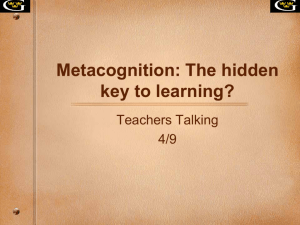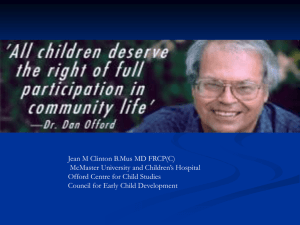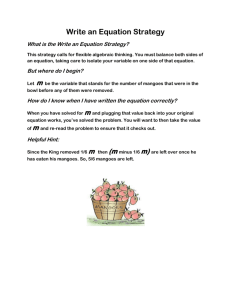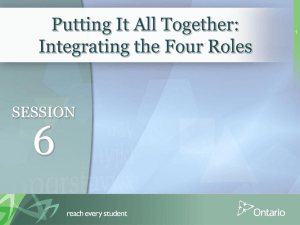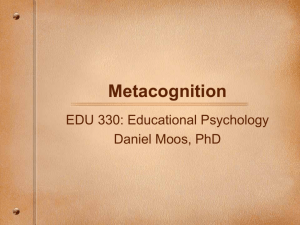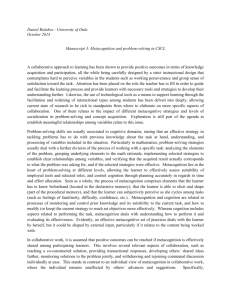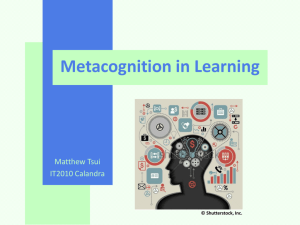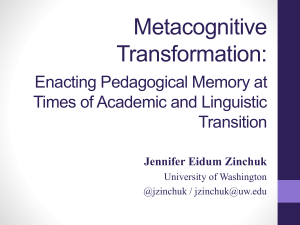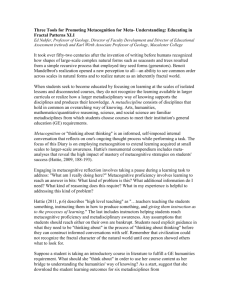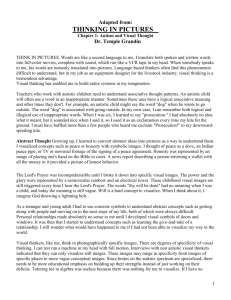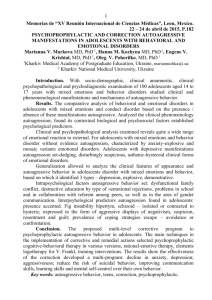Brain Development During Adolescence* What are they thinking?
advertisement
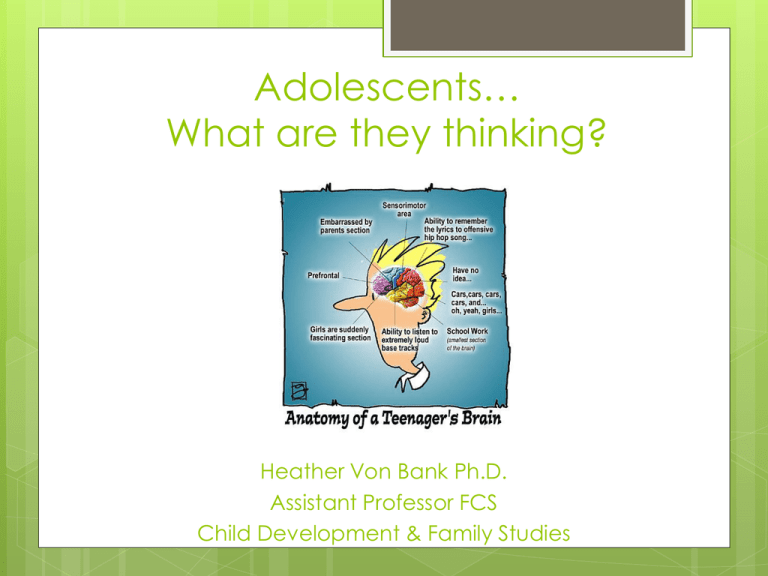
Adolescents… What are they thinking? Heather Von Bank Ph.D. Assistant Professor FCS Child Development & Family Studies Quiz time! Brain development quiz Growth & Development During Adolescence Pruning Inside the Tree: Brain Development the mind: Cognitive Changes Adolescents in FCS Classroom Why do teenagers have difficulty… Being rational, controlling impulses, showing good judgment? Are they just naïve, willfully disobedient, disrespectful, selfish. …sort of Pruning the Tree: Developing Frontal Cortex Reason why adolescents have difficulty reasoning, controlling impulses, judgment (5:07) Under-developed frontal cortex responsible for controlling, planning, working memory, organization, & regulating mood Use it or loose it principle What we do today strengthens skills for tomorrow… How to make decisions: Decision making skills Making ethical decisions: “What Do You Want the Virtual World to Say About You in 10 Years” Social skill development: Mock Job Interview 100% of adults identified this as FEAR 50% of teens identified this as SHOCK or ANGER Identify this emotion Emotional Regulation Amygdala Teens: Rudimentary part of the brain that controls emotions Adults: Frontal cortex regulates emotions EXAMPLE: Emotional Intelligence Inside the teenage mind: Cognitive Changes How thinking changes during adolescence Concrete into formal thought Thinking about possibilities Problem solving “The Mangoes Problem” Potential for Abstract Thought Think about situations that don’t exist The Trolley Problem What would you do? Consider Many Factors Sarcasm, metaphors, double entendre Panda mating fails: veterinarian takes over Miners refuse to work after death New obesity study looks for larger test group Children make nutritious snacks Criminals get nine months in violin case Metacognition: Thinking about thinking Imaginary Audience “…everyone is doing it” Peer influence to drink Talk about it, Write about it, Role play, Publicize, Teach the steps Personal fable “that’s not going to happen to me” Texting & driving 97%: say it’s dangerous 89%: reply to text in 5 min 77%: have seen parents text & drive Adolescents in FCS Class More critical thinking opportunities Encourage healthy eating or classroom management Stimulate formaloperational thinking Create a design magazine in groups Hands-on learning.. How about Service learning!! Play school with preschool children Metacognitive skill training? Opportunities to practice self-monitoring &adapting Any questions? List of References/Resources Topic Sites Inside the Teenage Brain http://youtu.be/yvmMiFHTifY Decision Making Skills Making http://dev.decisioneducation.org Ethical Decisions: Internet safety http://www.commonsensemedia.org/educators/blog/what-doyou-want-the-virtual-world-to-say-about-you-in-10-years Social Skill Development: Mock Job Interview http://www.parentingscience.com/social-skills-activities.html Emotional Intelligence Lesson Plans http://my.extension.uiuc.edu/documents/257080502080208/Emotio nal_Intelligence_13-18.pdf Problem Solving: The Mangoes Problem http://illuminations.nctm.org/LessonDetail.aspx?ID=L264 Abstract Thought: The Trolley Problem http://youtu.be/Fs0E69krO_Q Teach the Steps to Resist Peer Pressure http://healthallianceonalcohol.com/peer-pressure-book/ Texting and Driving commercial http://www.youtube.com/watch?v=92kPKbXHqss Metacognitive Skill Training http://serc.carleton.edu/NAGTWorkshops/metacognition/teaching _metacognition.html
